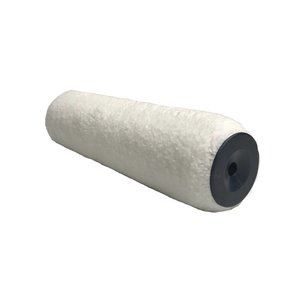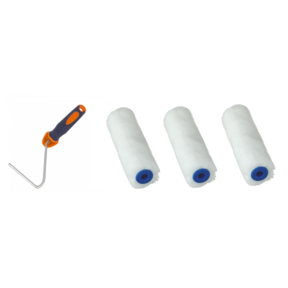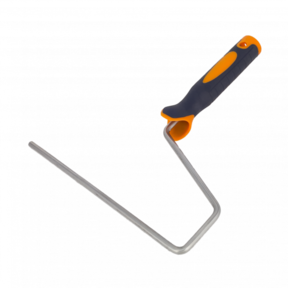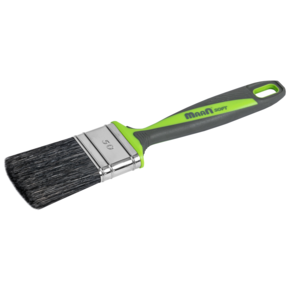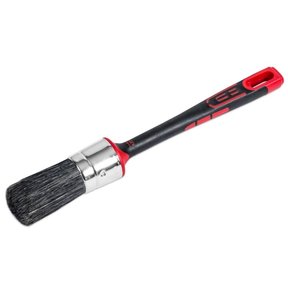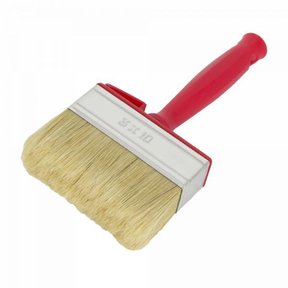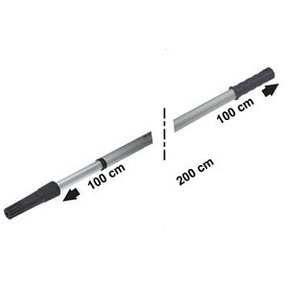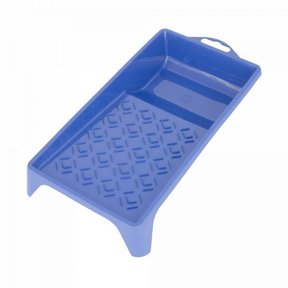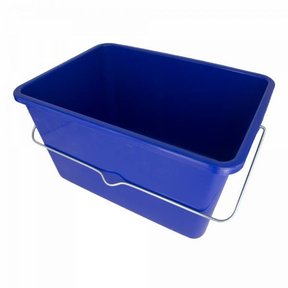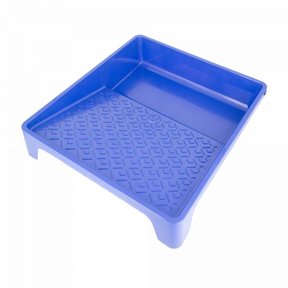STEP 1k Parquet lacquer ULTRAMAT 6640
Rigostep STEP 1k Parquet lacquer ULTRAMAT 6640, Water-based 1-component Poly-Urethane floor lacquer for indoor applications. Ready to use and quick drying. Provides an ultra-matte and natural-looking protection. Suitable as a topcoat for intensive use.
- Ordered before 18:00:00, delivered tomorrow
- Laagste prijs garantie tot wel 75% korting
- Kies zelf uw verzendwijze
- Grootste voorraad vd Benelux +1000m2
- More information? Contact us about this product
- Add to comparison list
Rigostep STEP 1k Parquet lacquer ULTRAMAT 6640,
Waterborne 1-component Poly-Urethane floor lacquer for indoor applications. Ready to use and quick drying. Provides an ultra-matte and natural-looking protection. Suitable as a topcoat for intensive use on parquet and wooden floors.
Advantages Rigostep 1k Parquet lacquer,
- The ultra matt paint for everyday use
- 1-component so economical in use
- Carefree convenience and extremely easy to process.
- Can also be combined with our STEP Parquet Primer Warm or Natural.
- Because the paint does not splash and does not drip, you can work nice and clean.
- 75% renewable raw materials.
- No second component required, so economical to use.
![]() --TECHNICAL INFORMATION-2-(How to)
--TECHNICAL INFORMATION-2-(How to)
FOR THE PROCESSOR:
- 1-component Polyurethane Parquet lacquer
- STEP Parquet lacquer 1K can be sanded directly on bare Oak wood (or other light wood types).
- If necessary, apply a STEP Primer first for easy, non-marking work
- SYSTEM: 3 layers of STEP Parquet lacquer 1K or 1 layer of STEP Primer lacquer and 2 layers of STEP Parquet lacquer 1K.
- Drying time 2-3 hours between coats of paint.
- Possibly. intermediate sanding with p120 for the last layer.
FOR THE END USER:
- STEP Parquet lacquers have been developed in such a way that the floor does not have a plastic-like appearance.
- Floors finished with STEP are strong and look natural.
- Floors finished with STEP are particularly maintenance-friendly: mopping with STEP Mild Cleaner is sufficient.
- Suitable for underfloor heating.
Instructions,
Shake the paint briefly and vigorously, then pour it through a sieve into a paint tray.
Distribute the paint evenly in lanes or sections.
Roll over overlaps well wet in wet.
Avoid differences in layer thickness. It is important to apply the paint completely. This creates better wetting and better flow. This prevents activation.
Use a microfiber paint roller with a coat thickness of 9-11 mm, and for the edges or small parts, a full, long-haired brush (see related products below).
Only use stainless steel or plastic tools.






